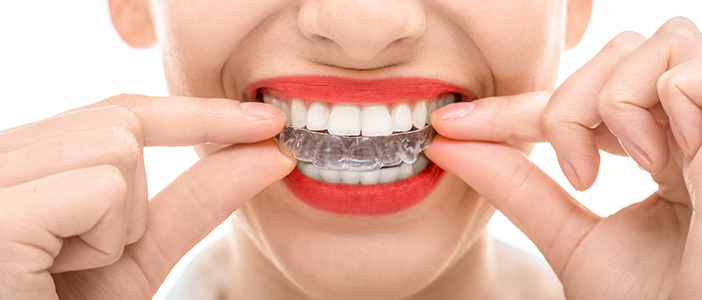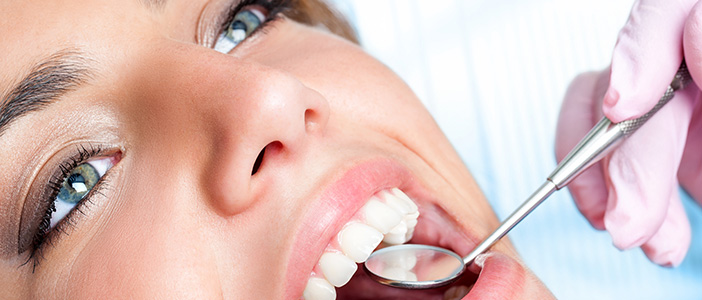Invisible Aligners for Teeth
Everybody wants a great smile, but a lot of us need help getting there. More and more people are having success with clear orthodontic devices called aligners.
Braces use brackets connected by wires to encourage teeth to move. Aligners are a series of tight-fitting custom-made retainers that slip over the teeth. Invisalign is the largest producer of clear aligners, but it’s not the only brand. Others include Clear Correct, Inman Aligner, and Smart Moves.
Clear (or “invisible”) aligners aren’t for everyone. Biermann Orthodontics can help you decide what’s best for you.
Can anyone get invisible teeth aligners?
Because the invisible aligners are custom-built for a tight fit, they are best for adults or teens. Straightening a child’s teeth is more complicated. Young people, and their mouths, are still growing and developing; the doctor must think about this when setting up treatment.





